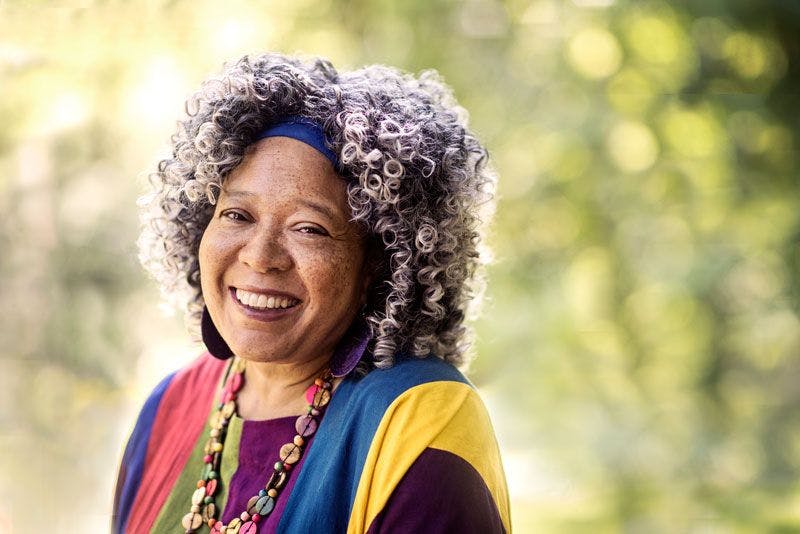Every Sunday, my African American grandmother, Elsie Hill, dressed completely in white. White shoes, white stockings, white dress with white slip underneath, white coat if it was cool, white gloves, white purse, and the obligatory large white hat. She was The Mother of her small, charismatic Baptist church, and the church ran on her say-so. Now, to be The Mother of a small Negro Baptist church, in integrated New York City, within yet dangerously racist and segregated America of the 1940s, was no small task. It came along with her duties of full time housewife; mother to a high strung, creative, exuberant, loquacious, flirtatious Colored Girl (my mother); being a Harlem and then Bronx urban gardener; Big Sister of six; wife to a surly Colored sanitation worker (a garbage truck man); entrepreneur; landlady of three apartment buildings; Keeper of White Ladies Houses, Confidences, and Used Clothing (a maid); and, by the 1950s, full time grandmother to two rambunctious, intellectual, and probably spoiled children of the same rambunctious, and Colored-but-now-called-Negro Daughter (me and my brother).
In case this is hard to follow let me supply the dry facts. My grandmother was the oldest of six, southern born and bred. She had one child, my mother. My mother had two children, my older brother and me. So, one person called my grandmother "Mom" and two called her "Grandma Hill." One person called her "Elsie" (my grandfather) and the rest of the world knew her as Big Sister (even her parents), Sister Hill, or Mother Hill. This last appellation due to the fact that she was, as I am explaining, The Mother of her small, charismatic (before fundamentalist) Baptist church. In her role as Church Mother, I invoke Grandma Hill's spirit and example in a number of environmental issues that will become important to this essay on, well, on the ecological significance of the garden, the epistemology - the theory of knowledge, or opinions - of Grandma Hill's traditional wisdom about plants, and how her legacy influenced my cultural, spiritual, and environmental awareness.
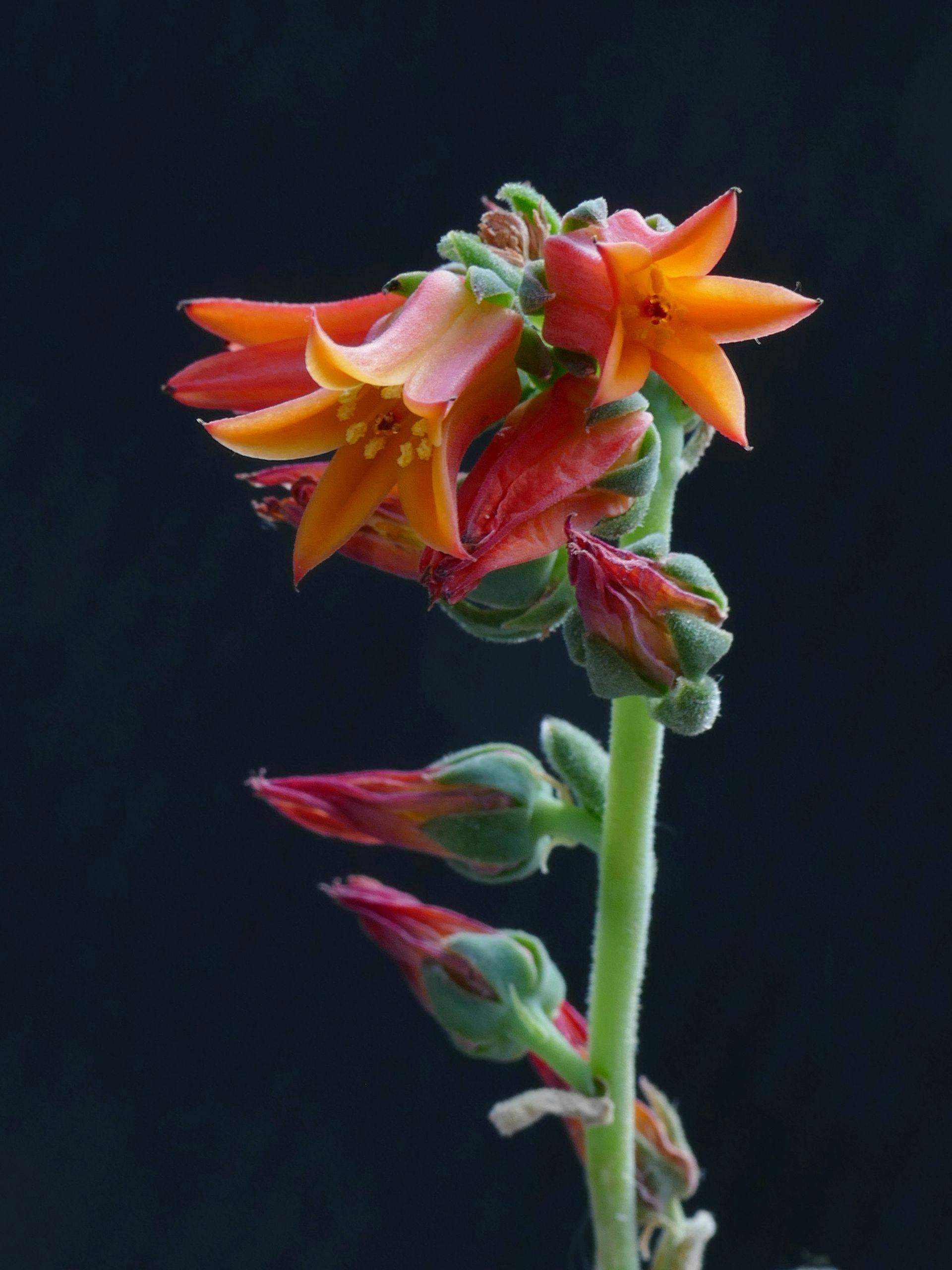
First and foremost, Mother Hill knew about prayer. Mother Hill had a PhD in Prayer. It was common knowledge in the extended African American nee Black nee Afro American nee Negro nee Colored communities of Harlem and the Bronx, that if you were fortunate enough to know Mother Hill and unfortunate enough to find yourself in some trouble of a spiritual, mental, or emotional nature, then all you had to do was beseech her help. Mother Hill would sit primly at her yellow Formica kitchen table, listening carefully and non-judgmentally over a steaming cup of afternoon tea or cocoa, served to you with hot corn bread, homemade rolls, or home baked lemon pound cake, made thick with farm fresh eggs, butter, and milk. She might clasp her strong brown hands together and offer a few well-timed, "Lawd, what's this world comin' to!" sighs, to make it easier for you to get through your story. You would come to the end of your tale-of-woe and beg her to help you, and she would instantly go from warm, soft, bosomy Grandmother to steely-eyed CSI. "Are you SURE you want that?" Mother Hill would ask about whatever you were buzzing over. "Cause if you REALLY want it, I'll PRAY for you."
What was left unspoken was the awesome, you-better-mean-it-and-be-ready power of Mother Hill's Direct Hot Line to God. It was personal. It was potent. She had a lot of satisfied customers and repeat business. Even among the extended family. Especially among the extended family. There were a great number of daunting spiritual, mental, and emotional challenges for people of color in the 1940s, 50s, and 60s; enough to keep my grandmother busy in prayer.
As Keeper of White Ladies' Houses, Confidences, and Used Clothing, Grandma Hill knew just how to swing things. She scrubbed many a floor and cleaned many a bathroom, but no White Lady who Grandma Hill worked for could have truly imagined herself to be superior to Miz Hill for even a nanosecond. Grandma Hill would trudge back home to the immaculately maintained apartment on the third floor of the apartment building that she owned - she owned three apartment buildings in the Bronx - struggling to carry numerous small leather suitcases and brown paper shopping bags full of discarded clothes, shoes, and kitchen items. "Lawd knows I don't need this junk!" Grandma Hill would declare, as she made known that she was accepting the consumer hand-me-downs for the benefit of the good feelings of Her White Ladies. Then Grandma Hill would arrange that clothes found their way to the cousin who needed them or the church member who was doing without. As she was parceling out items and simultaneously mediating the endless internecine squabbles of her younger brothers and sisters - most of whom lived right next door to her in the Bronx, and one who maintained the family properties in Virginia - I would hear Grandma muttering under her breath, "Im'ma pray for these white ladies now."
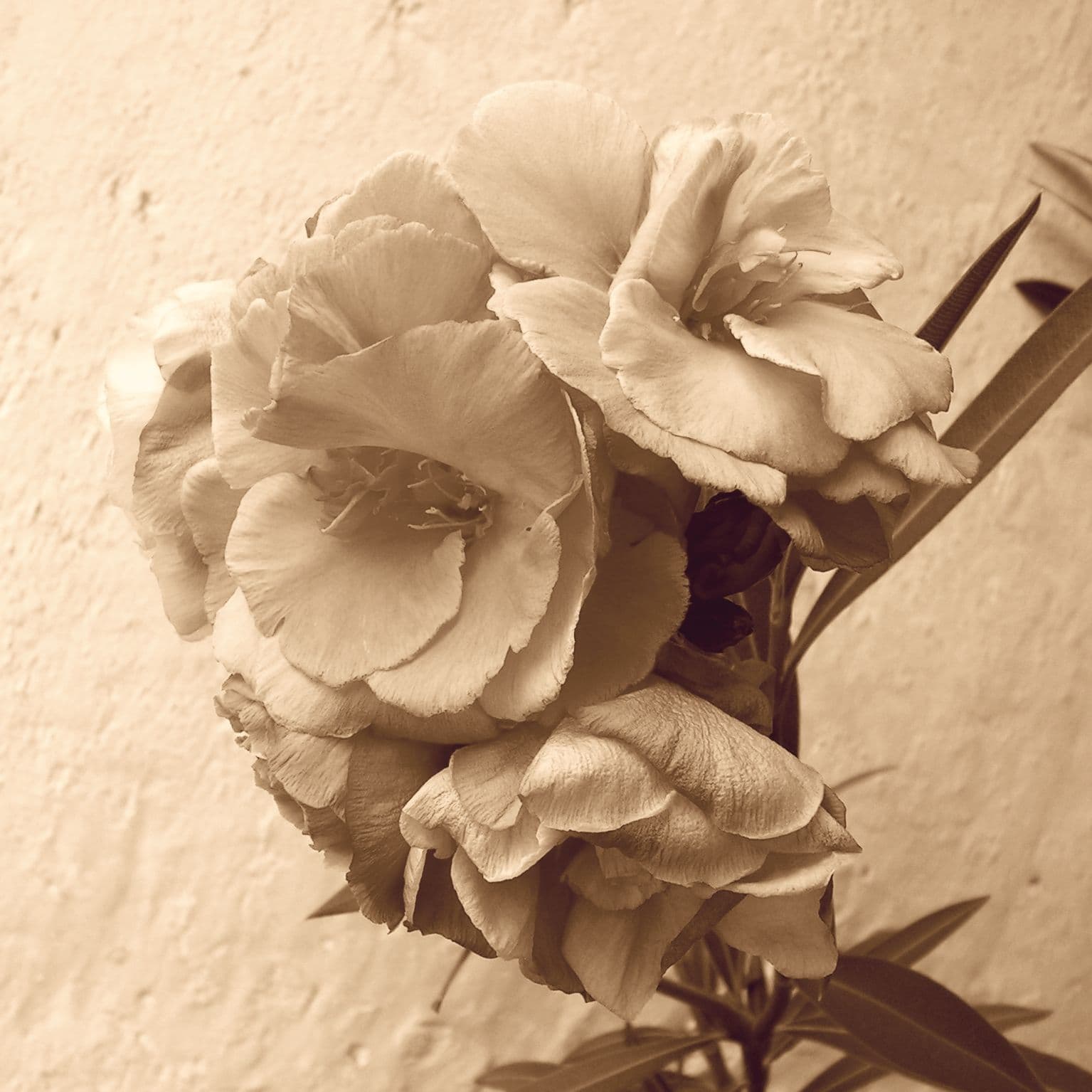
When my grandmother went back to Virginia to look after her family and traditions, to tend the land, to pump water, to check on the goats, to gather special medicinal herbs from the fields, marshes, and backwoods, to clean the leaves off the generations of graves in the family plot, and to visit impoverished distant relatives with boxes of fresh food and cast off clothes, we usually went with her. We went to be taught the geography of her heart, and the necessity of community service, amidst the swampy woods and peanut fields of still segregated Virginia. Yet there was many a time when Grandma and Grandpa Hill went South and their only daughter and only granddaughter had the immense appointment of looking after the apartment's Amazonian forest of houseplants and the urban garden in the cement encircled back yard. Hundreds and hundreds of houseplants. All meticulously grown from cuttings that were started by careful arrangement on Grandma Hill's sunny, third floor, kitchen window ledge in clean jelly or mayonnaise jars.
Watering the plants was not an undertaking my mother relished, oh no. My mother would mutter and fuss under her breath before, after, and during the Houseplant Watering Operation. There were plants on shelves, in windowsills, on the fire escape, and in the bathroom, and it would take the two of us well over two hours to water them all. My favorite was the thick-leaved Century Plant that dominated the kitchen window. My mother kept telling me it only bloomed every one hundred years and that I would get to see it in flower. When I was attending college in Manhattan it did put out a beautiful thick yellowish blossom in my presence when I visited my grandmother in The Bronx to catch up on sleep, homemade apple pie, hot rolls, and lemon pound cake.
My mother did her daughterly duties, but could not hope to match the care my grandmother lavished on those house plants. The plants were Grandma Hill's other children - which I now realize might have explained my mother's jealous only-child mumblings about them. Grandma washed their leaves, shined the succulents with a little bit of mayonnaise or oil, talked to them, encouraged and prayed over them, and sang church hymns to them. They were a green thumb's delight of riotous, leafy, exuberant growth. The country in a city apartment, the farm amidst the bricks and mortar. After caring for the apartment full of potted plants and ferns we would go downstairs to tend to the back yard garden. A similar tornado of fruit, herbs, tomatoes, vegetables, beans, corn, peach trees, and a grape arbor dominated the small plot in The Bronx. "Good Lord, she should just move back down South," complained my mother, meanwhile I played at watering while running under the hose to keep cool in the sticky, urban New York summer heat.
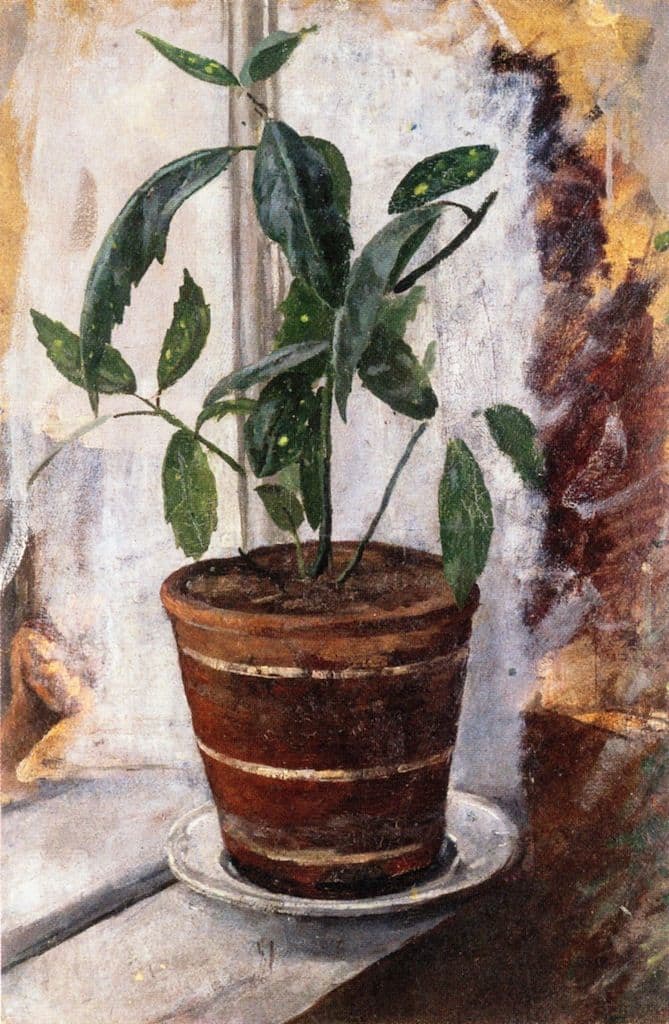
What do these childhood ruminations have to do with environmental stewardship? There is an important conversation taking place about the relationship between environmental stewardship and different paradigms of environmental knowledge; a conversation about how we take care of the Earth in relationship to how we come to know the natural world. This is a discussion that rejects the dominating stories of science and its claims to objectivity, because for the keepers of traditional knowledge - like my grandmother - the science paradigm is clearly part of a culturally constituted, Western and patriarchal process of both development and destruction. As Vandana Shiva has pointed out, development is more often actually maldevelopment and, "Maldevelopment is the violation of the integrity of organic, interconnected and interdependent systems, that sets in motion a process of exploitation, inequality, injustice and violence. It is blind to the fact that a recognition of nature's harmony and action to maintain it are preconditions for distributive justice. Maldevelopment is maldevelopment in thought and action." 1
My grandmother's environmental knowledge was formed around the interactive, interdependent, and complex links between herself, her family, her community, her church, her employers, and her North/South dual, historically constructed geography of cruel, segregated, Jim Crow America. Grandma Hill understood, amidst the violent inequalities and injustices of the 1950s, that even Her White Ladies required the gift of being able to give, along with an offering of unasked for prayer. Grandma Hill rightfully grasped that her white employers were oppressed by their own privilege, plagued by their unthinking perpetuation of destruction, maldevelopment, and discrimination.
Grandma Hill comprehended and enacted these social connections, maintained the redistributive sustenance needs, created her world from the multiple realities presented to her, and in so doing she transformed the political, racial, economic and spiritual life of herself, her family, and her community. And Grandma Hill's community included her family of plants. The Grandmother of Plants had deep knowledge and direct experience with house plants, plant medicines, and food gardens. The Grandmother of Plants kept this culturally specific traditional knowledge intact by teaching me through her actions that there are other ways of being and doing in relationship to both people and plants.
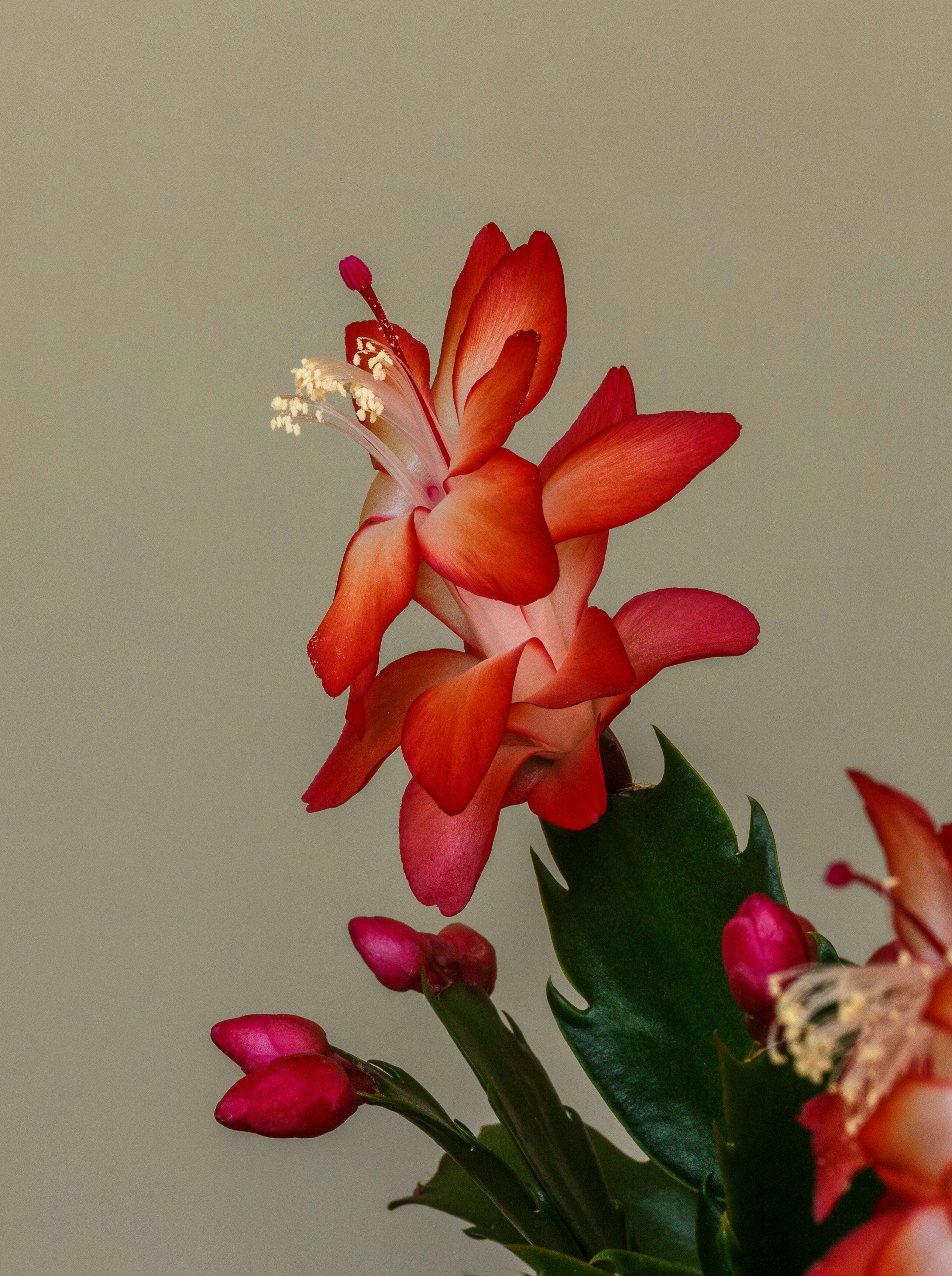
The Grandmother of Plants was heretical, and methodologically speaking, an Activist Gardener. My grandmother was a dedicated researcher of the interconnectedness of people and plants-as-people. Grandma's environmental knowledge was wholly constructed around her intimate personal relationships with her family and her plant family. These were not merely symbolic or metaphorical relationships, they were connections bountifully manifested in the summer delights of perfectly ripe tomatoes, sweet ears of corn with silk like baby's hair, explosions on the tongue from tart sweet grapes with thick skins, peach juice running down the fat freckled cheeks of a five-year-old city child. My grandmother's environmental knowledge was manifest in the intimate, specific ways that Grandma Hill understood and protected the ecology of an abundant organic urban garden. The Grandmother of Plants knew, powerfully and directly, the critical importance to plants and people of sustenance, prayers, and church hymns. I heard the deep song of my grandmother's power and love every time I assisted my mother in the task of Watering My Grandmother's Gardens.
Footnotes
-
Vandana Shiva, Staying Alive: Development, Ecology and Women (London: Zed Books, 1989), 5-6. ↩
